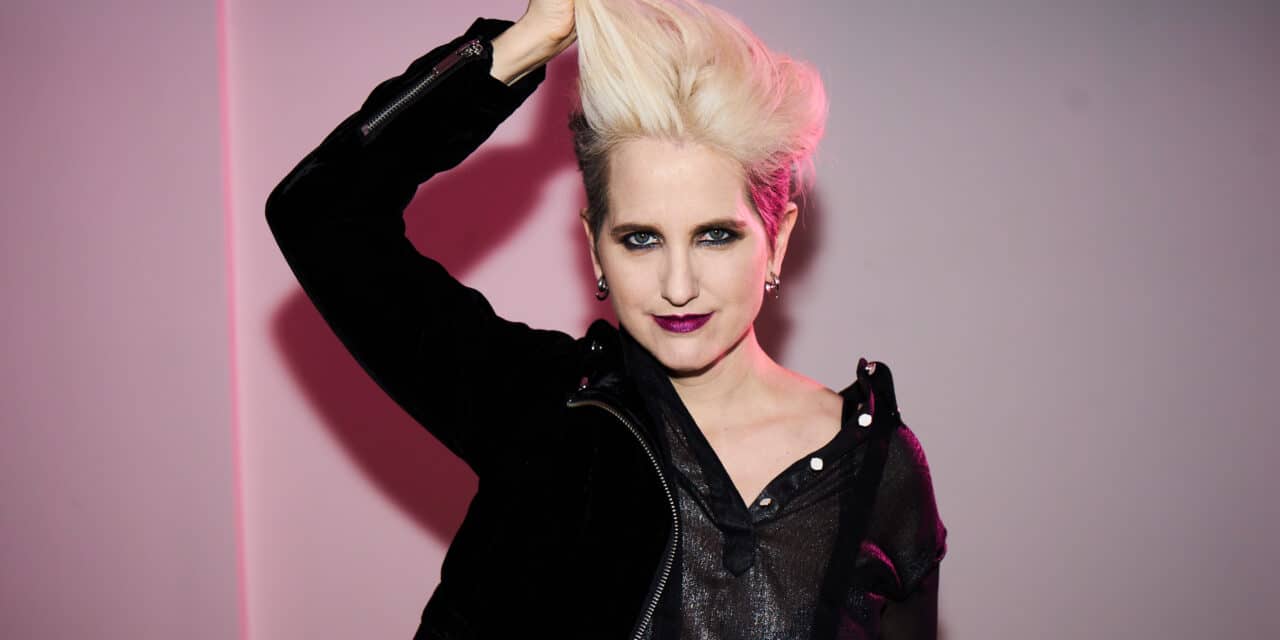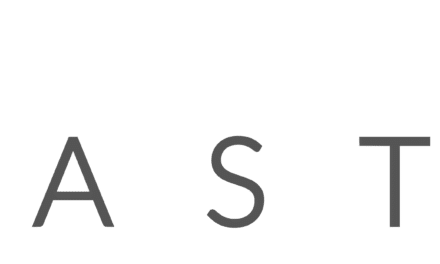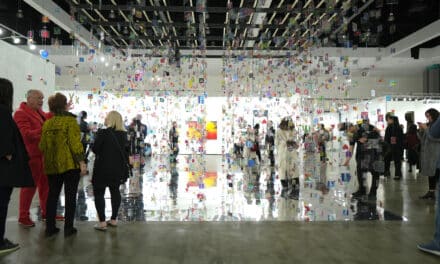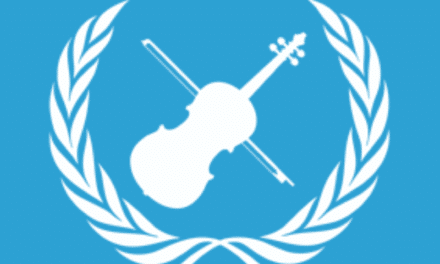Why this title? What’s the message behind this record?
The title feels like the process of waking up, turning on and becoming more alive. Or of realisation that creates change. These songs are probably the most direct I’ve ever been in my songwriting. There’s a layer of distance that I eliminated between myself and the songs. A new spark. And the title feels like that spark to me. Like what happens when we release our grip on what we think things should be so we can see them for what they are and then explode into what is possible.
But honestly, that’s all an intellectual justification after the fact. The phrase “watershed synapse experience” came to me a few years ago while having a realization about myself and trying to describe the shift that was transpiring in my head. Very soon after that, I knew it would be the title of the album before all the songs were even written. It just was. And I’ve respected that without totally understanding why.
Why is social change such an important topic to you?
I have always felt a deep responsibility to the people who dedicated their lives to change so that I could live as I do now. As a woman. As a lesbian. And I know my life is built on the shoulders of their work and I believe it’s my responsibility to keep that progress moving forward.
You are a very multi faceted artist. How would you describe your own style and act?
My musical style? Well, right now I call my style cinematic agitpop and indie rock. Think 80s alt-pop and 90s grunge filtered through modern soundscapes with lyrics that are on a relentless search for the next truth, the next awakening. With a good dose of ironic humor along the way to keep us sane.
What’s the most important track on this record and why
Oof. That’s so hard. It is like asking, “who’s your most important child?” I could make a case for any of them and in choosing just one I feel like I’ve betrayed the others. But I’ll say that Oh Muses is at the heart of all these songs and who I am as an artist. That reaching for the connection with something magical or a bigger way to see things is fueling everything I do.
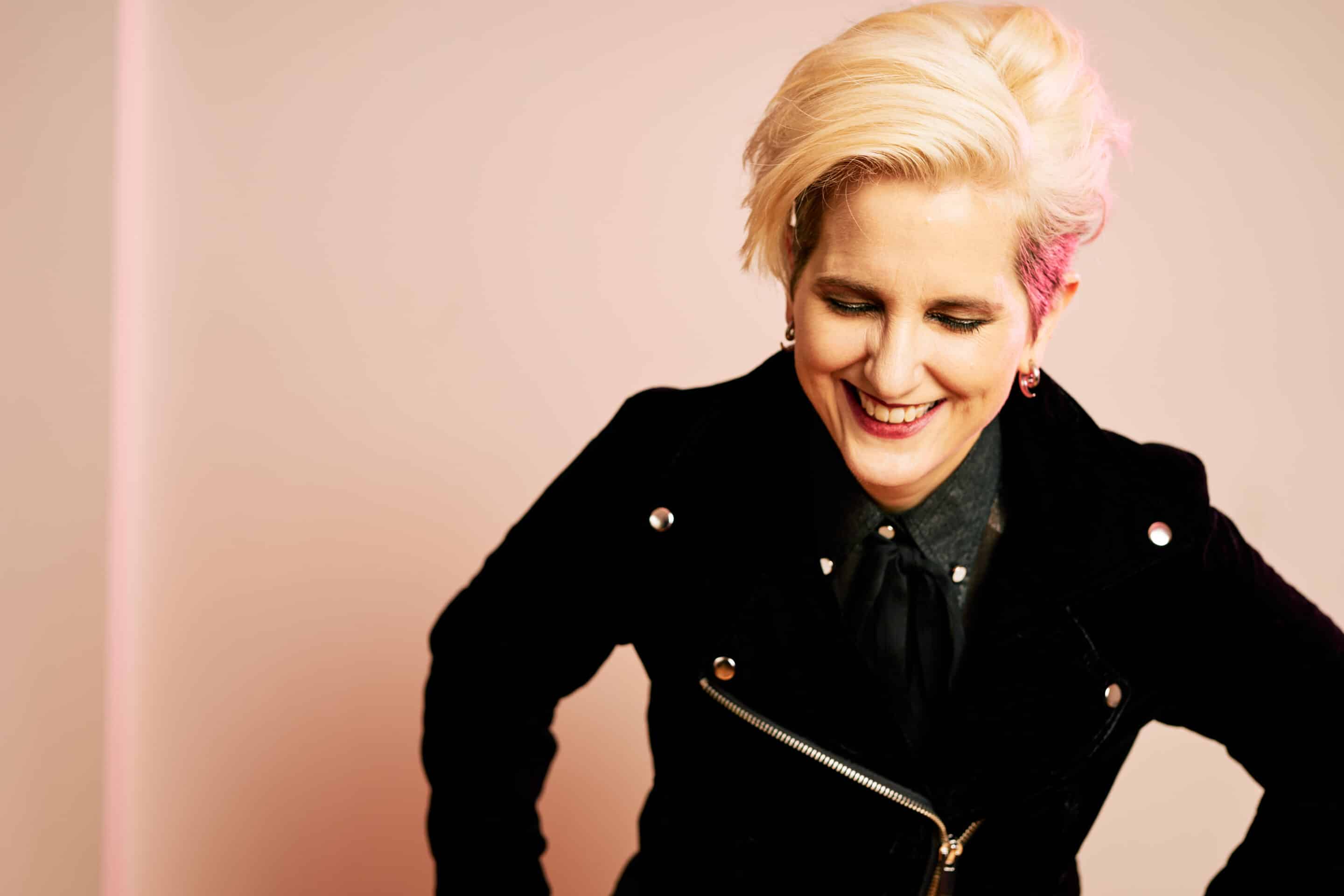
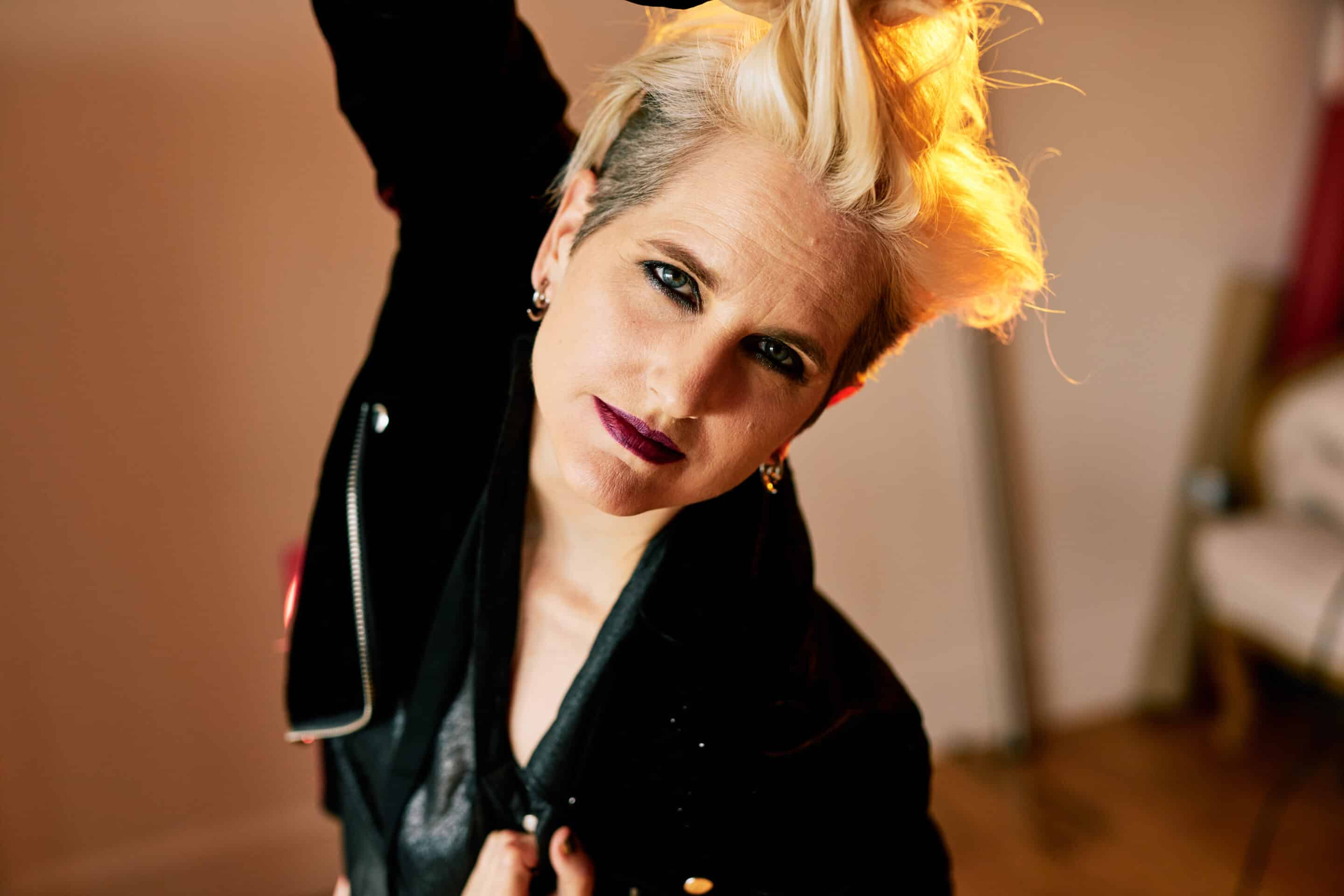
How has your classical training helped you develop your style?
Well, I’m really grateful to be able to read music and understand basic theory. I grew up listening to pop and rock that was 90% guitar-based while I was playing baroque, classical and romantic pieces on the piano. And even though I’m very far away from that training now the fact that I write a lot of songs on the piano is informed by those years. And probably my impulse to write outside of typical pop chord progressions is a result of my hands channelling different kinds of progressions at an early age.
What was an uplifting moment from your acting career?
I played an angel/prostitute in a dreamlike musical about the life and death of Edgar Allan Poe. In the last show, as I was singing Poe to his death, it started pouring rain on the roof of the theater and the sound of the rain mixed beautifully with the song and his death. It was magic.
Who were some of your inspirations growing up?
When I was 11 or 12 I truly believed that Bruce Springsteen was the only person in the whole world who understood how I felt. This is fascinating considering I had no idea where Asbury Park was or what a boardwalk was. But he needed to take off from wherever he was and I needed to take off from where I was and he channelled that feeling for me even if we were taking off from very different places. And whether my musical style was already anthemic which is why I liked him or I absorbed his anthemic style into mine, I’ll never know. And then I was a teenager in the time of Live Aid and We Are the World and I remember seeing U2 in concert and Bono talking about apartheid and Annie Lennox talking about Amnesty International. I really took in that these artists were engaging in politics through their art. I was probably already wired to be politically engaged, but I was given a lot of real-time instruction by these artists.
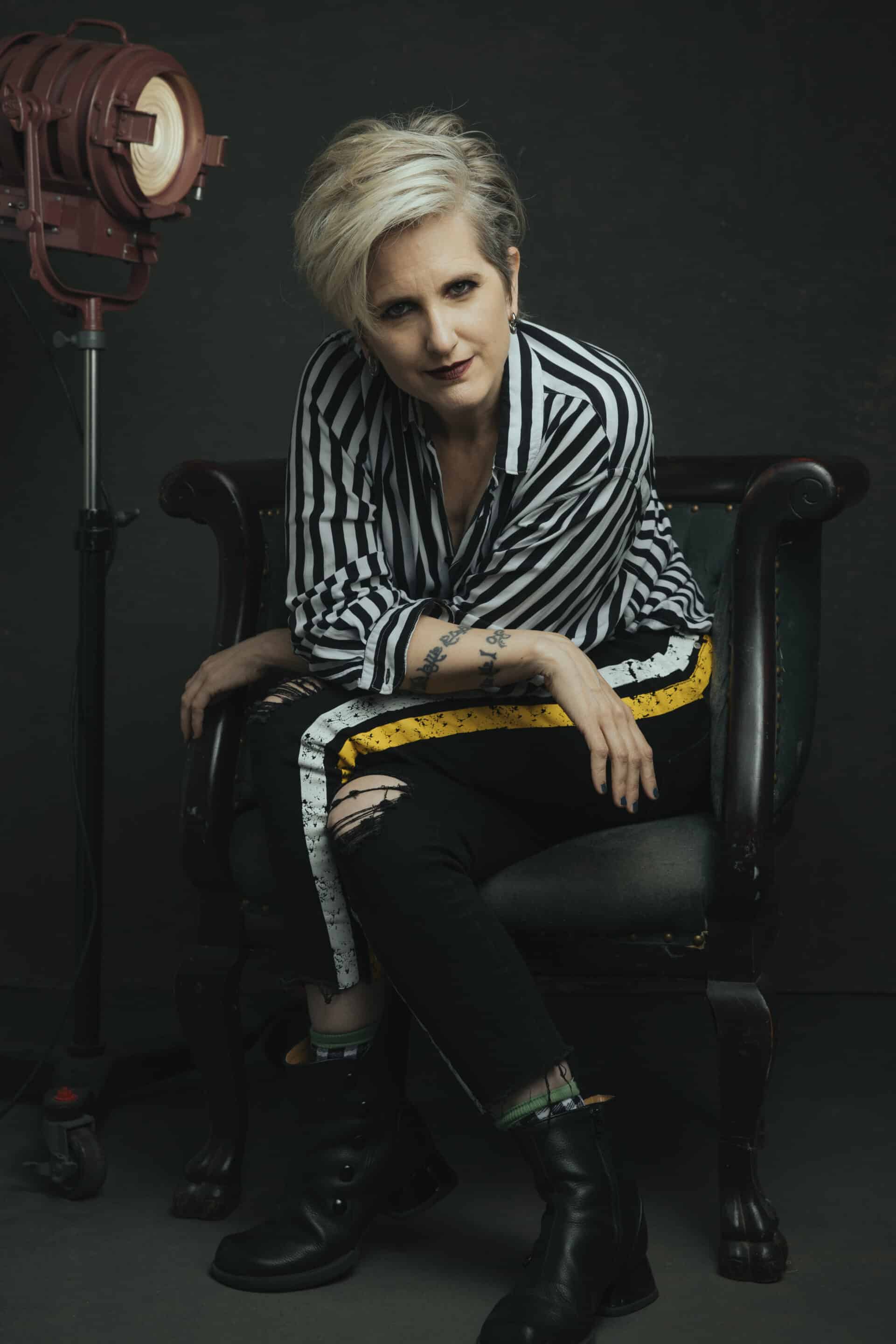
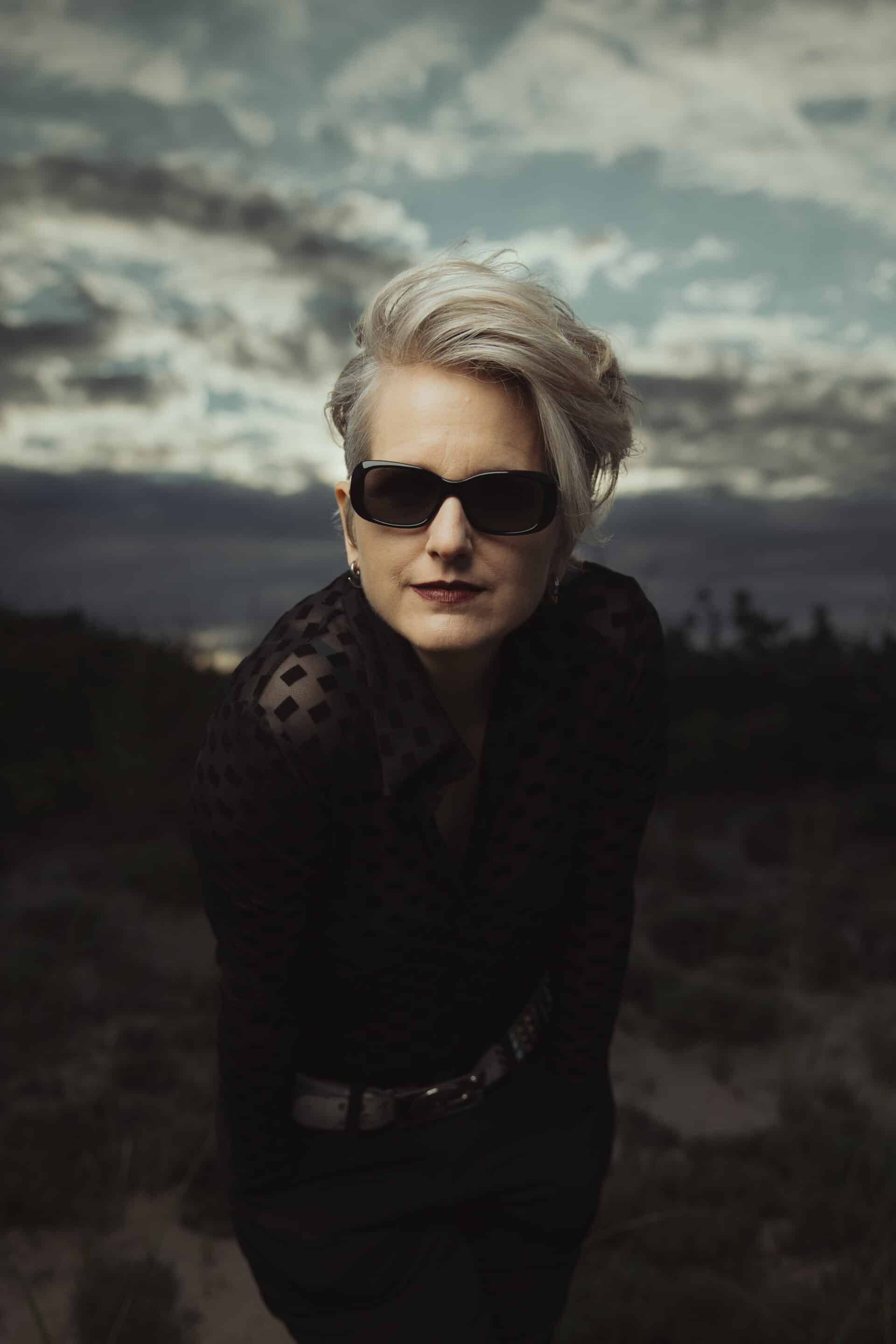
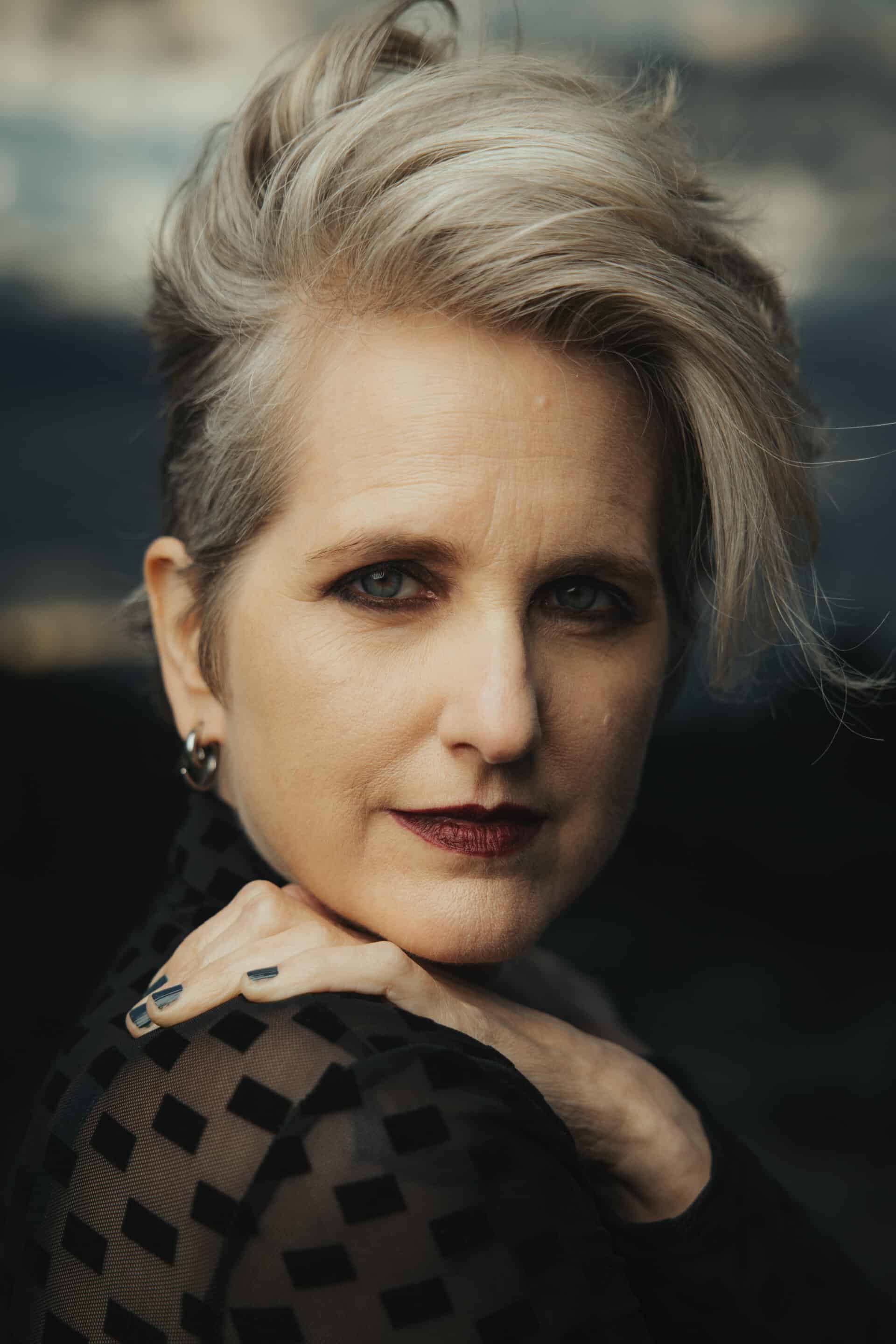
Who had a bit of nomadic life too. What do you remember about your early travels?
I vividly remember being a little British girl, with an accent and everything. We left England when I was 7 so I lost the accent pretty quickly but I remember how disorienting it was to be in what for me was an entirely new culture. For my parents, we were coming home, but I had no memory of America and that experience of bridging different worlds was impactful.
How was Provincetown? What kind of inspiration did you get from that experience?
Provincetown is an end-of-the-road place and it’s surrounded on three sides by water 27 miles out in the ocean so it’s pretty magical. The word I use to describe its effect on me is expansion. Something about being in Provincetown has helped me spread out creatively. I felt a space here to take a deep breath and listen more deeply to internal voices that might have been harder to hear in New York City. And, more tangibly, Provincetown is where acting came back into my life through theater director David Drake. So… monumental.
What is coming up for you?
I’m shooting a video for Palm Trees and Parking Lots next month. There are release shows in Provincetown and New York City coming up. And I’ve already started recording new music (including some dance remixes), so lots more coming in 2025.

